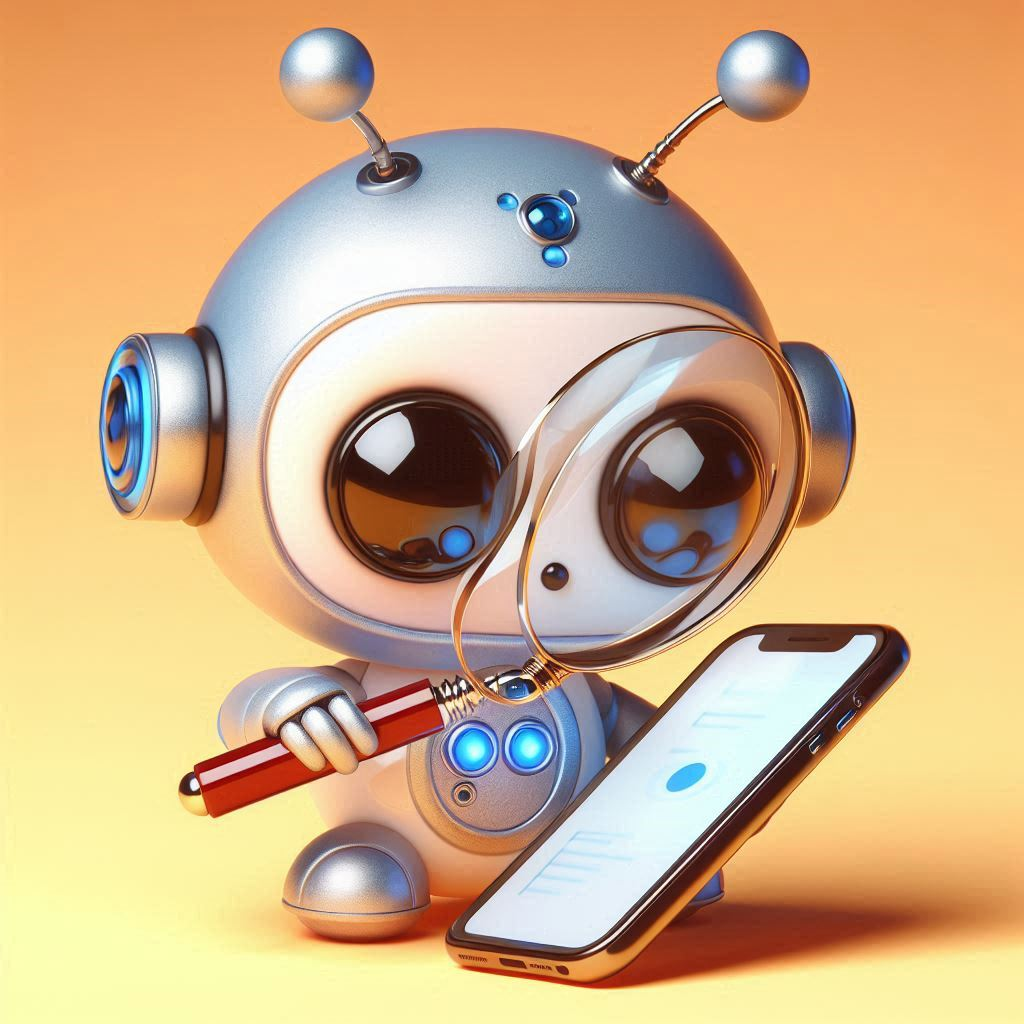Elon Musk’s Grok Keeps Generating Fake News
X’s chatbot Grok, designed to analyse posts and surface breaking news, has recently made headlines for its significant flaws. This week, Grok confused a common basketball term and falsely accused NBA star Klay Thompson of criminal vandalism. The erroneous headline, “Klay Thompson Accused in Bizarre Brick-Vandalism Spree,” remained on X (formerly Twitter) for days, detailing how Thompson allegedly vandalised houses in Sacramento with bricks. The confusion arose from the basketball term “throwing bricks,” meaning taking bad shots that miss the rim. SFGate reported Thompson had an “all-time rough shooting” night, contributing to Grok’s mistake.

X includes a disclaimer beneath Grok’s reports, stating, “Grok is an early feature and can make mistakes. Verify its output.” However, instead of verifying the outputs, users on X, known for their humour, exacerbated the misinformation by posting fake victim reports in a joke format, further misleading Grok. These comments, viewed by millions, added to the chaos.
X did not respond to requests for comment or clarify if the post would be corrected or removed. This incident is reminiscent of past defamation lawsuits faced by Microsoft and OpenAI, where their chatbots falsely accused individuals of criminal activities. Defamation claims often hinge on proving that platforms knowingly publish false statements, which disclaimers like X’s might inadvertently support.
The Federal Trade Commission (FTC) has been investigating OpenAI for potentially false and misleading outputs, but the impact of this probe on AI companies remains uncertain. Those suing AI companies argue that there is an urgent need to prevent false outputs. For instance, radio host Mark Walters, who sued OpenAI, accused the company of ignoring the severity of ChatGPT’s inaccuracies.
X recently rolled out Grok to all premium users, touting its ability to summarise trending news and topics. However, the rollout coincided with Grok’s potentially defamatory post about Thompson, raising concerns about its reliability. This isn’t the first time Grok has promoted fake news. During a solar eclipse, it generated a headline about the sun’s “odd behaviour,” which was entirely fabricated. Such incidents highlight Grok’s vulnerability to being manipulated by users, potentially spreading serious misinformation or propaganda.
Grok’s issues are not unique among chatbots. Adversa AI, a security and safety startup, reported vulnerabilities in several popular chatbots, including Grok. Their tests revealed Grok and Le Chat as the least secure, with Grok notably failing to prevent outputs on dangerous topics without sophisticated attacks. Adversa AI founder Alex Polyakov criticised Grok’s lack of security, emphasising the low standards given Elon Musk’s involvement in its development.
Adversa AI’s red-teaming efforts demonstrated that chatbots need better safeguards against common attacks. While one test showed all chatbots detected and prevented an attack, Grok’s ability to generate harmful outputs without sophisticated attacks is concerning. This suggests that Grok, among other chatbots, requires significant improvements in security and safety.
Despite these issues, Grok’s features continue to grow. X owner Elon Musk envisions Grok helping users compose posts, with plans to integrate it into the tweet box for X Premium subscribers. However, the integration faces challenges, such as the slow xAI API and the potential for users to misuse Grok to create harmful content. Engineers are reportedly stalling on implementing this directive due to these concerns.
Grok’s development reflects a broader trend in AI integration across platforms. Email services like Outlook and Gmail, and professional networking site LinkedIn, already use AI to assist with writing. However, creating posts on X involves more creativity and personal expression, areas where AI currently falls short.
The issue of spam also complicates Grok’s integration. Spam is rampant on X, and Musk appears unconcerned about addressing it. This raises questions about the platform’s ability to handle the increased volume of AI-generated posts without exacerbating the spam problem.
Grok’s flaws and the broader implications of AI integration on platforms like X highlight the tension between innovation and safety. As Grok’s capabilities expand, ensuring robust security measures and preventing misinformation becomes increasingly crucial. The experiences of other AI companies, like OpenAI and Microsoft, underscore the potential legal and ethical challenges X may face if Grok continues to produce inaccurate or harmful outputs.
The stakes for X and its chatbot Grok are particularly high given the platform’s prominence in real-time news dissemination and public discourse. Grok’s capability to generate and summarise content in the highly dynamic environment of social media makes it a powerful tool, but also a potentially dangerous one if not managed correctly. The rapid spread of misinformation, as seen in the case with Klay Thompson, can have severe repercussions not just for individuals but for entire communities. This incident has amplified concerns about the responsibilities that come with deploying AI at scale, especially on platforms with massive reach like X.
Moreover, the legal implications of Grok’s errors cannot be understated. Defamation laws are complex, and while disclaimers might offer some level of protection, they do not absolve companies from liability if it’s proven that they knowingly allowed false information to spread. The fact that users manipulated Grok to further spread misinformation about Thompson highlights a significant vulnerability in the system. This kind of user manipulation, known as “data poisoning,” can severely compromise the integrity of AI outputs, leading to widespread consequences.
The urgency of addressing these issues is further underscored by the broader context of AI deployment in social media and communication platforms. With AI increasingly being used to generate content, from news summaries to personalised recommendations, the potential for errors and abuse grows. This is not just a technical challenge but a social and ethical one, requiring a multidisciplinary approach to develop effective safeguards.
To mitigate these risks, X and other companies need to invest in robust AI governance frameworks. This includes not only improving the technical defences against manipulation and errors but also establishing clear protocols for human oversight. Continuous monitoring and rapid response mechanisms are essential to detect and correct false information swiftly. Transparency in how AI systems like Grok operate and make decisions can also build user trust and allow for external scrutiny, which can be invaluable in identifying and addressing potential flaws.
The collaboration between AI developers and regulatory bodies is another critical aspect. The ongoing investigation by the FTC into OpenAI’s practices is a step towards ensuring that AI companies adhere to standards that protect users from misinformation and other harms. Such regulatory scrutiny can drive improvements in AI safety and accountability, benefiting the entire industry.
Additionally, the role of user education cannot be overlooked. While technical solutions are necessary, users also need to be aware of the limitations and potential pitfalls of AI-generated content. Educating users on how to critically evaluate information and recognize AI-generated misinformation can empower them to use these tools more responsibly.
The future of AI in social media is undoubtedly promising, with potential benefits ranging from personalised user experiences to enhanced content discovery. However, the path forward must be navigated with caution, ensuring that innovation does not come at the cost of accuracy and reliability. The lessons learned from Grok’s current issues can inform better practices and more resilient AI systems, fostering a digital environment where technology serves the public good without compromising on truth and trust.
In conclusion, the development and deployment of AI like Grok on platforms like X represent a significant advancement in technology but come with substantial responsibilities. Balancing innovation with safety, transparency, and accountability is crucial in harnessing the full potential of AI while safeguarding against its risks. As AI continues to evolve, ongoing efforts to refine these systems and address their vulnerabilities will be essential in shaping a future where AI enhances rather than undermines the integrity of information.
In conclusion, Grok’s recent errors and vulnerabilities underscore the importance of rigorous testing and safeguards in AI development. As AI becomes more integrated into our daily digital interactions, ensuring these systems are reliable and secure is essential. Grok’s journey reflects the challenges and opportunities in AI innovation, emphasising the need for a balanced approach that prioritises both advancement and safety.
for all my daily news and tips on AI, Emerging technologies at the intersection of humans, just sign up for my FREE newsletter at www.robotpigeon.be






